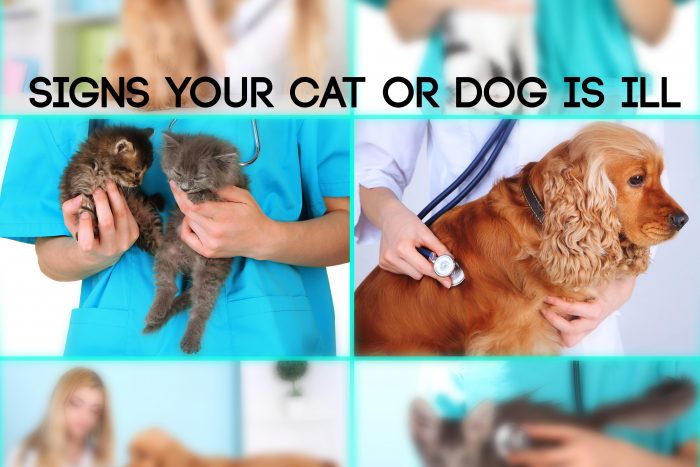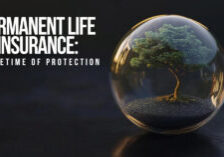
Our sons and daughters play an essential role in our lives. They nourish our souls and us loads of joy. They are adorable and do the silliest things, bringing smiles to our faces. How cute they are makes up for the way they chew up our things and pee on the floor in our homes.
Although this rings true for the tiny humans in our lives, I am referring to our cat and dog babies.
The minute anyone adopts a pet, they become parents. As parents, we are the caretakers that are responsible for the health of our babies. Parenting a different breed of animal can be quite the challenge. How can we learn to observe our pets’ behaviors to learn when they are feeling a little under the weather?
Here are a few tips about knowing when your pets are getting sick, and when it’s necessary to seek treatment for your fur babies.
Signs your cat or dog may be sick:
● Sudden weight loss/weight gain. This could be a sign of a serious illness such as diabetes, cancer, anxiety and depression, etc.
● Changes in urination. If you notice a change in frequency of urination, this could be a sign of a urinary tract infection or kidney disease. If your cat starts to urinate more frequently, or there is blood in your pet’s urine, this may be a sign that your cat is not healthy and needs a visit to the vet.
● Increased communication/personality changes. If your cat is trying to communicate with you more often or acting much different than usual, he/she could be trying to tell you something important.
● Discharge from the eyes, nose, or ears.
● Loss of appetite/increase of appetite.
● Diarrhea
● Increase of thirst
● Bad breath
● Plus many more
If you think your pet may be sick, take him/her to the veterinarian as soon as possible. This is where pet insurance could benefit you greatly. If you purchase a pet insurance policy for your dog or cat, you could save money on:
● Visits to the vet
● Prescriptions
● Dental treatments
● Surgery
● Rehabilitation
● Behavioral therapies
● Plus many more
If you do not currently have a pet insurance policy, it’s worth looking into for the next time your cat or dog faces an illness.









